Introduce and explore words containing ending blends with this extensive list of words.
Reading Blends at the End of Words
The ability to blend consonants together is an important skill to learn when decoding (reading) and encoding (spelling) words. These two lists (90 words in total) containing final consonant blends have been compiled to assist you in implementing your phonics program in your classroom. The final blends contained in the lists are as follows:
- lk (as in bulk)
- ps (as in hops)
- ts (as in sits)
- mp (as in lamp)
- nd (as in sand)
- st (as in nest)
- lt (as in belt)
- ft (as in lift)
- nk (as in bank)
- lp (as in help)
- sk (as in ask)
- nt (as in plant)
- nd (as in band)
- ld (as in child)
- lf (as in elf)
- pt (as in adopt)
- ct (as in act)
- sp (as in gasp)
Multiple Applications for This Ending Blends Word List
This literacy resource can be used in numerous ways to support the diverse needs of your learners. Here are some of our suggestions:
Whole-class instruction
Project the word list on your interactive whiteboard. Read each word by segmenting and blending the phonemes. Engage the students in word play by asking them to add, delete or substitute phonemes in the words. Students could write their new words on whiteboards, show the class, then explain what they did to create the new word, e.g., “I created the word “next” by substituting letter “s” in the word “nest” with the letter “x”.”
Individual practice
Send the lists home so your students can revise decoding (reading) and encoding (spelling) the words on the list. Be sure to include only words containing letter-sound correspondences you have already addressed in class.
Formative assessment
Use the word list as a progress monitoring tool to keep track of your student’s phonemic awareness and to identify the end blends that require further review.
Easily Download This Resource for Your Students
Use the Download button to access this resource’s PDF or editable Google Slides version.
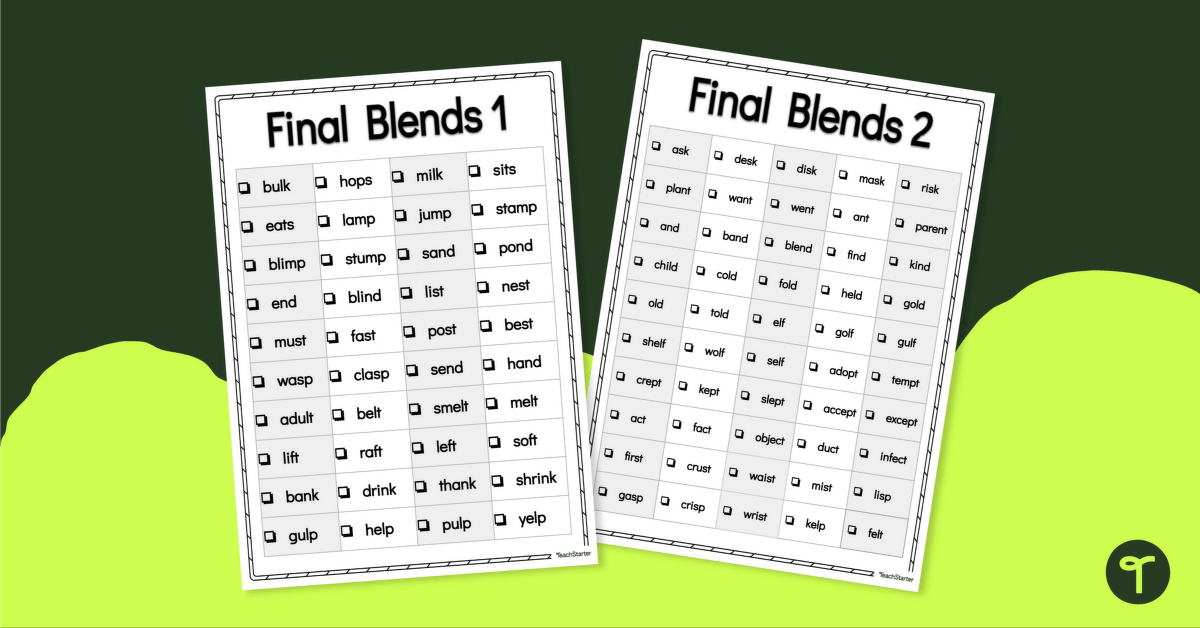

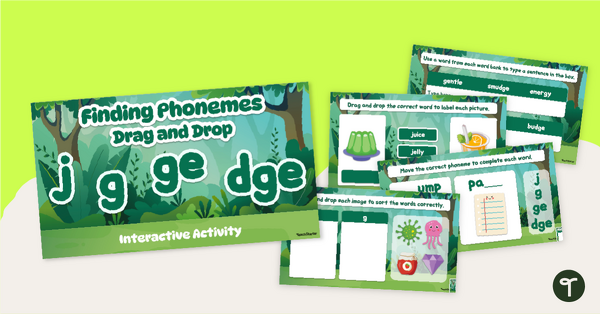
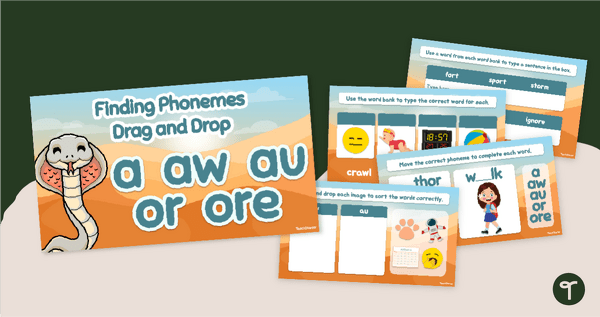
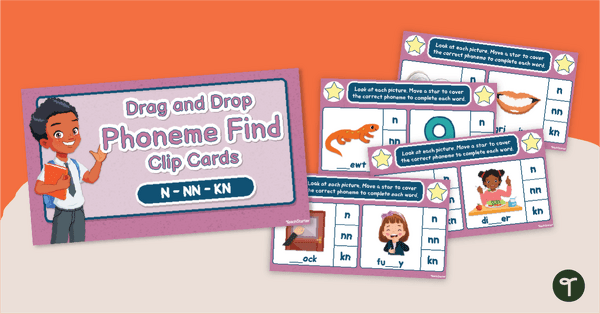
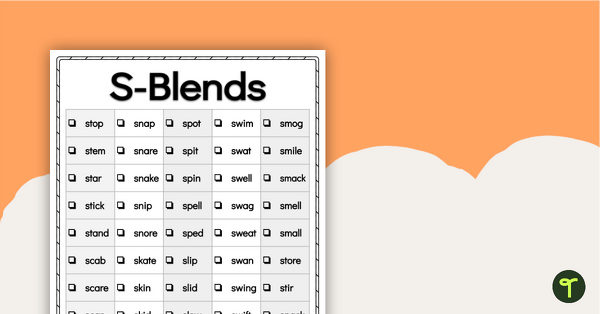
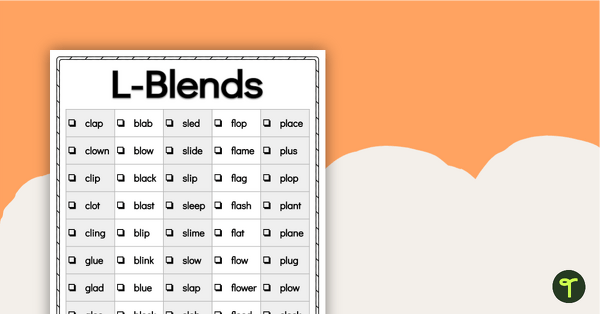
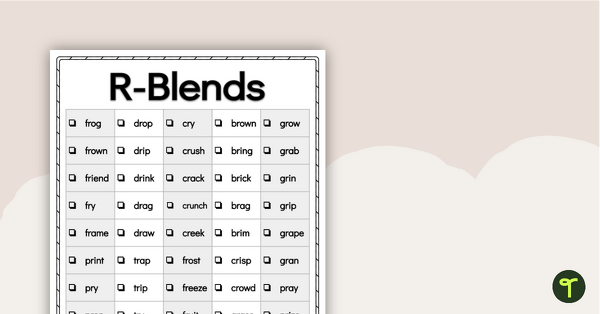
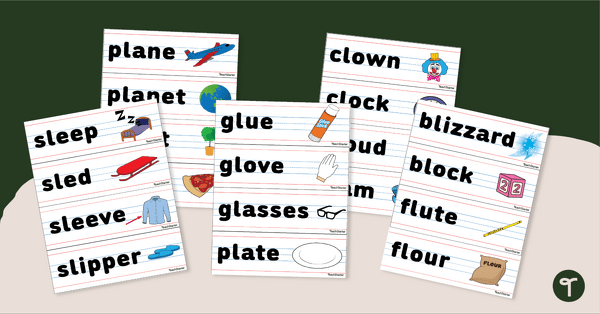
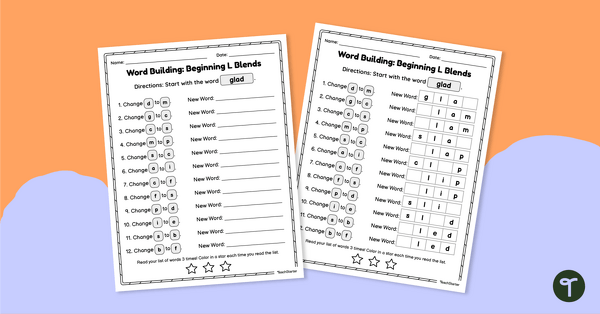
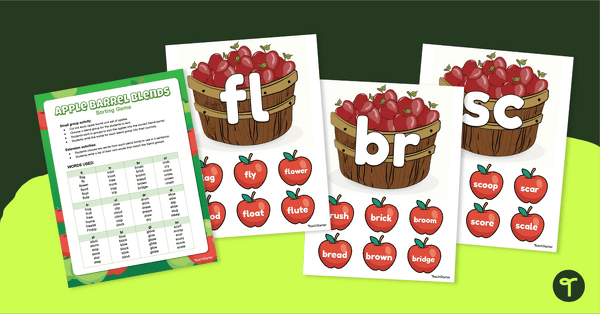
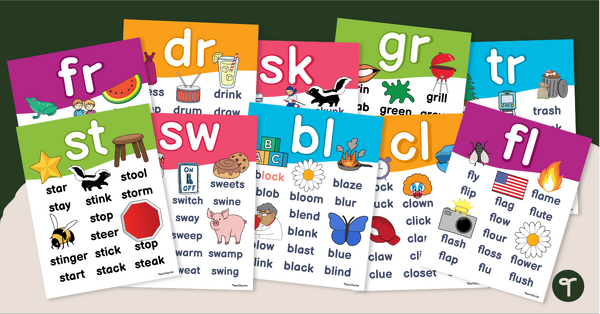
0 Comments
Write a review to help other teachers and parents like yourself. If you'd like to request a change to this resource, or report an error, select the corresponding tab above.